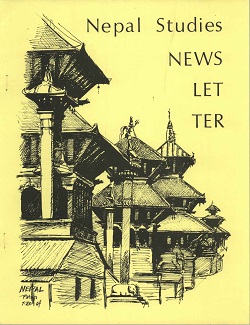Abstract
In India’s northwestern region of Ladakh, the linkage between reproduction, politics, and fertility is both complicated and contested, evident in increasing population discourses and the re-emergence of a Buddhist pronatalist movement. This paper examines the impacts of population discourses and pronatalism on women’s reproductive decision-making, as well as on the delivery of healthcare throughout Ladakh. Population discourses currently circulating produce two reproductive subjects—the “hyper-fertile Muslim woman” and the “vulnerable Buddhist”—both of which have been central in revitalizing Buddhist pronatalism. Data collected through a hospital-based survey and interviews shows that fertility behavior is shaped by religious interpretations, political mobilization, and pressure to be culturally loyal. Fertility decisions are not simply about one’s reproductive choices and desires—but are instead situated in a contested context where Ladakhis are worried about culture loss. While these cultural pressures differently impact Muslim and Buddhist women, the growing politicization of reproduction results in continued ethnic/religious conflict that has far-ranging impacts throughout the region.
Acknowledgements
Acknowledgments This article is the culmination of several years of research, but I would like to acknowledge the support of the University of California, Davis for funding assistance. I am indebted to Dr. Lhadol, Dr. Padma, and Skalzang Chondol Domapa for many years of research assistance, as well as friendship and support.
Recommended Citation
Aengst, Jennifer. 2103. The Politics of Fertility: Population and Pronatalism in Ladakh. HIMALAYA 32(1).
Available at:
https://digitalcommons.macalester.edu/himalaya/vol32/iss1/11


